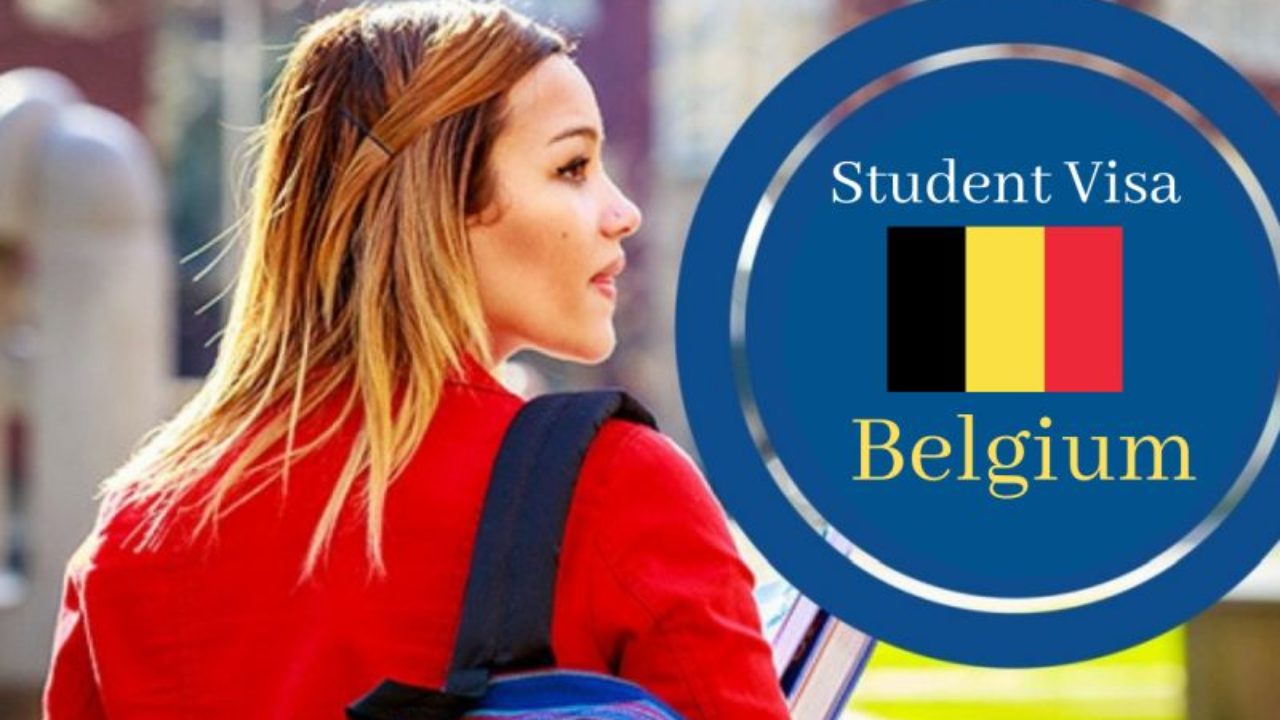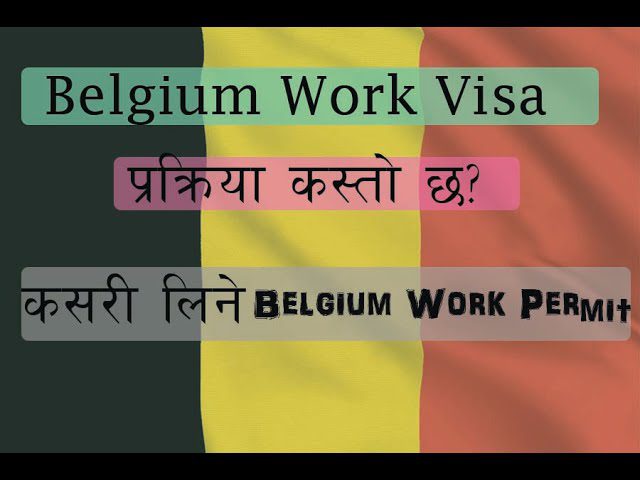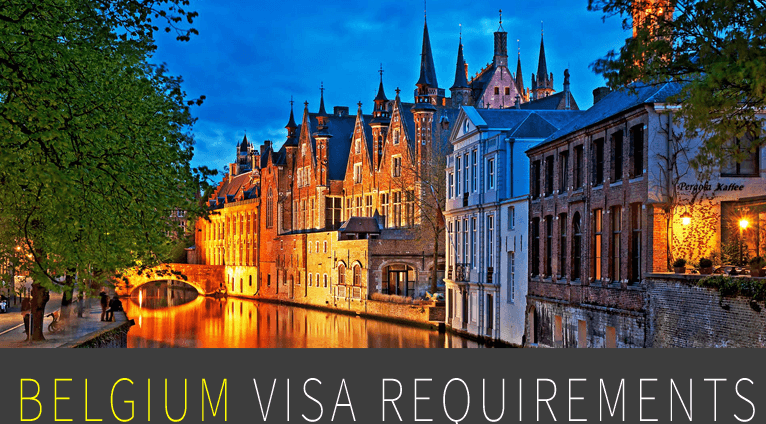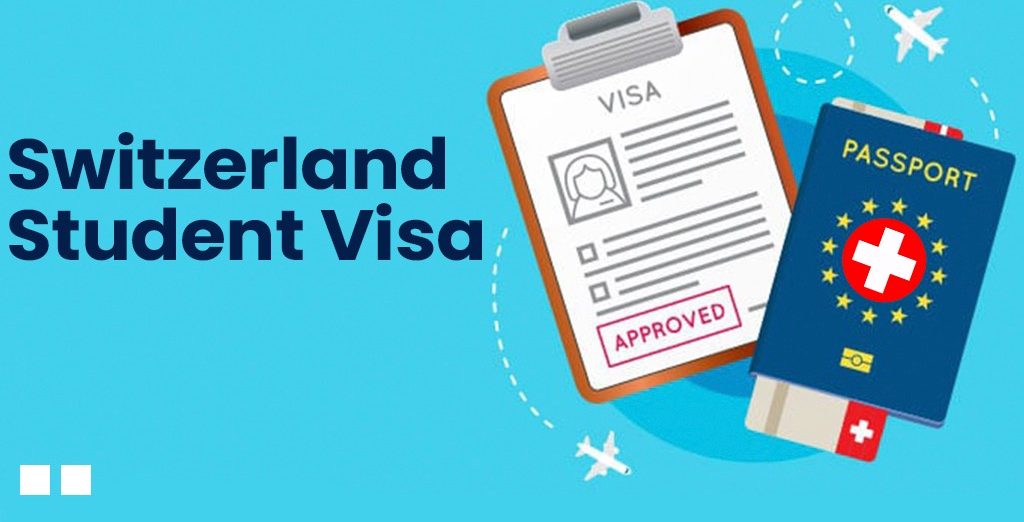Find out which student visa or permit you need to study in Belgium, take part in a student exchange, carry out research, or undertake training or internship work. If you want to study in Belgium, you may also need to get a Belgian visa or permit depending on your nationality and situation.
Typically, unless you’re from the European Union (EU), European Economic Area (EEA – EU plus Iceland, Liechtenstein, and Norway) or Switzerland, you need a Belgian student visa to come to Belgium to study, take part in a student exchange, or carry out training if you plan to stay more than three months (90 days).
Before you can apply for a Belgian student visa, however, you generally need to be accepted into a study program by a recognized educational institution. You can find a list of Belgian universities and application procedures to study in Belgium. This guide answers some important questions such as:
- EU/EEA/Swiss students coming to Belgium
- Can you study as a non-EU/EEA/Swiss citizen?
- How to apply for a student visa
- Grants and scholarships in Belgium
- After you arrive in Belgium: mandatory registration
- Can your family visit or live with you?
- Can you work as a student?
- Coming to Belgium on student exchange, an internship, or as a researcher
- Transferring your foreign qualifications to Belgium
- Information and help on Belgian student visas
EU/EEA/Swiss Students
EU/EEA and Swiss students have the right to study in Belgium without the need for a visa or other permit. However, you must be enrolled at a university or institution of higher education in Belgium, have sufficient funds to cover expenses, and have adequate health insurance coverage.
Non-EU/EEA/Swiss Citizens
Third-country nationals who want to study in Belgium for a period exceeding 90 days typically need to obtain a visa D from the competent Belgian embassy in their country of residence before arrival. In principle, you can get a Belgian student visa if you’re following a study program at an officially recognized institution of higher education in Belgium. To qualify for a Belgian student visa, students must fulfil the following:
- the studies must be the main occupation of the student during their stay in Belgium;
- the student must have sufficient resources to support themself during their stay in Belgium;
- the student must have health insurance coverage;
- they cannot pose a threat to public security (for example, have no pending criminal cases).
It is important to note that you need to register for a specific study program in Belgium before submitting your visa application. This should either be a complete study program (e.g., Bachelor, Master, Manama) or preparatory studies that prepare you for further higher education (e.g., language classes). As a rule, your studies must be full-time and the main purpose of your residence in Belgium.
Studies at private education institutions might be accepted under certain conditions.
Applying for Your Student Visa in Belgium
Once you have a place, non-EU/EEA/Swiss nationals must apply for their visa from the Belgian embassy in their home country. If the course is longer than three months, you’ll need to complete an application form for a long stay in Belgium, and provide certain documents. For your application, you may have to provide items such as:
- a valid passport/travel ID;
- proof that you have a place at a recognized institution (see options below);
- copies of educational certificates;
- details about the course;
- evidence of sufficient funds to cover your living costs, study, healthcare and repatriation costs (€617 per month for the 2015-2016 study year);
- a medical certificate;
- proof that you don’t have a criminal record if you’re older than 21.
To prove your acceptance at a recognized institution, you can provide one of the following:
- the official confirmation of registration for the program;
- an attestation which indicates you have access to the anticipated studies. The attestation must clarify the conditions that you need to complete your registration upon arrival in Belgium and must be issued by the relevant educational institution;
- proof of your registration for the entrance examinations.
You may also be asked to provide a letter outlining why you have chosen your particular course, why you want to study in Belgium and how this will benefit you. Additionally, you may also be asked to show some language proficiency in the language the course will be taught, often by showing that you’ve taken a language course.
You may need to have your foreign documents translated into German, French, or Dutch by a sworn translator. The documents must also be legalized or carry an apostille stamp.
Study Grants and Scholarships in Belgium
You may be eligible for financial assistance for studying in Belgium. Belgium’s Foreign Ministry supplies details of grants and scholarships to study in Belgium.
After you Arrive in Belgium: Residence Permit and Registration
Within eight days of arriving in Belgium, you must visit your local municipality (Maison communale/gemeentehuis) to request your residence permit. The municipality then registers you on the foreigner’s population register. To find the details of your local town hall, you must contact the commune in which you’re living.
Would You Like To Apply For This Jobs/Sponsorship?
Enter Your Email Address HERE & You Will Receive a Notification About Your Application. If it shows "Subscribed" CLICK HERE to follow on Telegram for updatesIf you’re not yet enrolled or registered in your study program at the time of filing your visa application, you must provide proof of registration as soon as possible; you can enrol in your course at the university or educational institution after you arrive, and ask for an enrolment certificate. You should present this when you visit the local municipal administration offices/town hall (Maison communale/gemeentehuis) to get your residence permit.
Family Members
Your non-EU/EEA/Swiss spouse or registered partner and dependent children can accompany you and can apply for a visa and residence permit from the Belgian embassy. They will need to supply documentation proving:
- your relationship (marriage/civil partnership/birth certificates);
- you’re accepted to a program in Belgium;
- that you have sufficient financial resources;
- that you have somewhere for you all to live in Belgium.
Working in Belgium While You’re a Student
If you’re a foreign student enrolled at a Belgian educational institution and have a valid residence permit you can work up to 20 hours a week during term time, as long as it doesn’t interfere with your studies. You need a written fixed-term student employment contract from your employer and a type C work permit. Otherwise, you can work during official university holidays without the need for a Belgian work permit.
Coming to Belgium on a Student Exchange
If you’re coming to Belgium on a student exchange through an organization or scheme like WEP or AFS Intercultural Programs, when you apply for your visa, you’ll need certain documents. These include items such as:
- evidence that the exchange organization will be funding your stay in Belgium;
- information from the organization about your itinerary;
- if you’re underage according to the law in your home country, a parental consent form.
Coming to Belgium as a Researcher
In general, researchers or guest lecturers have to follow the standard immigration rules regarding Belgian visas and work permits. Under certain conditions, scientific researchers and fellowship holders (PhD and post-doctoral) are exempt from requiring a Belgian work permit. However, they may still need a visa and residence permit to cover their stay in Belgium. In general, scientific researchers first must sign a hosting agreement with a research organization (contact the research organization for more details).
Researchers may find study and grant opportunities with the Belgian Science Policy Office. Opportunities for study and training grants from the Belgian Science Policy Office.
Coming to Belgium as an Intern or Trainee
You can come to Belgium to take on an internship after your studies if you’re aged between 18 and 30, and the company must apply for a work permit on your behalf. The internship or training cannot exceed one year, must be full-time and must earn the legal minimum wage.
Authenticating your Foreign Qualifications
In some cases, you may be asked for an equivalence statement to show how your educational qualifications obtained in your home country relate to Belgian qualifications. If you already have higher education qualifications and want to come to Belgium to continue your studies, the university is generally responsible for establishing equivalencies.
For more information and equivalence applications, you can also see the Equivalence Service (Wallonia), NARIC in Flanders, and the Ministry for the German-Speaking community.
If you come from a country signed up to the Bologna Process, Belgian authorities will recognize your educational qualifications.
More Information
- See the Belgian government’s official information and services portal with specific information about coming to Belgium to study.
- Belgian Immigration Office: information on the application procedure and required documents.
- Belgian Foreign Ministry: information on immigration, grants, and study options in each language region.
- New in Town: government initiative website on immigrating to Belgium.
- The Association for the Rights of Foreigners: factsheets on immigration as a student (in French)






